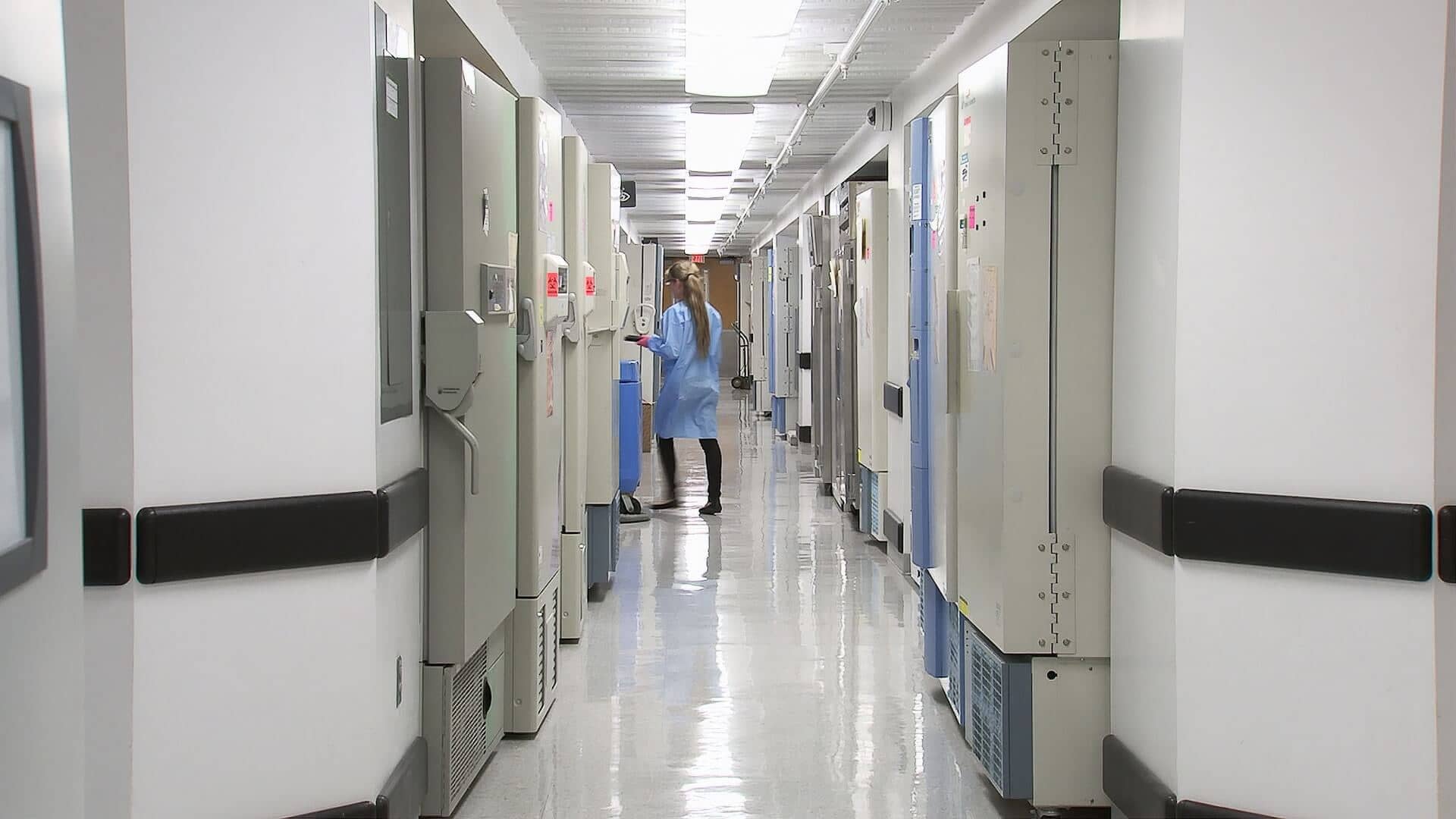In the intricate web of healthcare, where trust and vulnerability collide, the surge in clinical negligence claims has become a noteworthy phenomenon. The legal landscape is witnessing a remarkable uptick in cases where patients, dissatisfied with their medical outcomes, seek restitution for alleged negligence. Let’s delve into the root causes of this surge and the ripple effects it creates within the healthcare system.
Understanding Causation in Clinical Negligence Claims
To comprehend the surge in clinical negligence claims, it’s crucial to grasp the concept of causation in the legal realm. Causation is the linchpin that connects a healthcare provider’s actions to the harm suffered by the patient. In simpler terms, it is the establishment of a direct link between a medical professional’s negligence and the adverse consequences faced by the patient.
Causation in clinical negligence claims often hinges on proving that the healthcare provider deviated from the standard of care expected in their field. It’s not merely about an unfortunate outcome; rather, it requires demonstrating that the negligence directly led to harm that otherwise could have been avoided.
The Landscape of Rising Medical Negligence Claims
The question that naturally arises is, why are medical negligence claims experiencing such a surge? The answers are multifaceted, reflecting the complex interplay of various factors within the healthcare ecosystem.
Increasing Awareness and Patient Empowerment
In the information age, patients are more empowered than ever before. Increased access to medical knowledge through the internet has transformed patients into informed consumers of healthcare services. This empowerment has heightened expectations, making patients more vigilant about the care they receive. As a result, even minor lapses in communication or perceived negligence can trigger legal actions.
Evolving Standards of Care
Medical practices and technologies are in a perpetual state of evolution. With advancements come higher expectations for the standard of care. What may have been considered acceptable in the past might now be viewed as subpar. As standards evolve, so does the threshold for what is deemed negligent, leading to an increase in claims.
Cultural Shift Towards Litigation
There has been a noticeable cultural shift towards litigation as a means of dispute resolution. In a society where legal recourse is increasingly seen as a viable option, individuals are more inclined to pursue legal action when dissatisfied with their medical treatment. This shift contributes to the overall surge in clinical negligence claims.
The Domino Effect: Consequences of the Surge
The surge in clinical negligence claims doesn’t unfold in isolation. Its repercussions reverberate throughout the healthcare system, impacting various stakeholders.
Strain on Healthcare Resources
As the number of claims rises, healthcare institutions find themselves grappling with increased legal and financial burdens. The allocation of resources to defend against claims diverts funds and attention away from patient care, creating a strain on an already burdened healthcare system.
Erosion of Trust
Trust is the bedrock of the patient-doctor relationship. The surge in clinical negligence claims contributes to a pervasive erosion of trust in the healthcare system. Patients may become apprehensive about seeking medical care, fearing potential negligence. This erosion of trust poses a significant challenge for healthcare providers striving to deliver effective and compassionate care.
Impact on Medical Professionals
The surge in claims takes a toll on medical professionals. The looming threat of litigation can create a culture of defensive medicine, where healthcare providers may be inclined to order unnecessary tests or procedures to protect themselves legally. This defensive approach not only increases healthcare costs but also contributes to the overall stress and burnout experienced by medical professionals.
Navigating the Future: A Call for Balance
Addressing the surge in clinical negligence claims requires a delicate balance between patient rights, healthcare provider responsibilities, and systemic improvements. It necessitates an open dialogue between all stakeholders to foster an environment where patient safety remains paramount, and legal recourse is a last resort rather than a reflexive response.

Making a Clinical Negligence Claim with National Claims
From the perspective of National Claims, the process of making a clinical negligence claim is designed to provide a pathway for individuals seeking justice for perceived medical negligence. At National Claims, we understand the importance of a transparent and supportive claims process. Our team is dedicated to guiding individuals through the intricacies of filing a clinical negligence claim, ensuring that their voices are heard and their concerns addressed.
Conclusion
In conclusion, the surge in clinical negligence claims is a multifaceted issue that requires a nuanced approach. At National Claims, we advocate for a balanced dialogue between all stakeholders to foster an environment where patient safety remains paramount. Our commitment is to guide our clients through the legal process, recognising the broader implications and working towards a healthcare system that is both accountable and resilient.
Contact us today to speak to one of our claims specialists to get a start on your claim.
Click below to see why we are one of the most trusted claims management companies in the UK.

We’re proud of our excellent customer reviews
We thrive on delivering exceptional service and ensuring our clients’ satisfaction. Don’t just take our word for it. Check out some of our independent reviews to see what our clients have to say.
Excellent

This firm is excellent, they sorted out my car pay out and injury claim very fast, they always communicate with you all the time.

My accident case was dealt with confidence and with great result of the outcome, especially James kept me informed all the time.

I was very impressed at the way my inquiry was treated. I was listened to attentively and everything I needed to know was explained to me.






